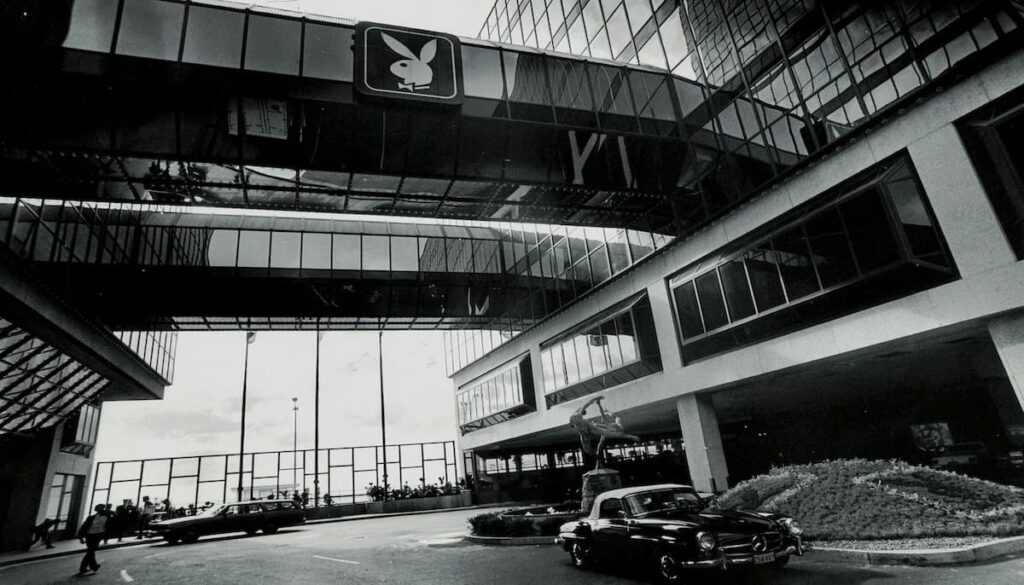The Main Event of the World Series of Poker (WSOP) is the gold standard for poker. This year Hossein Ensan, a 55-year-old born in Iran, won the $10 million first prize.
Hossein Ensan is officially the 2019 WSOP Main Event champion! Ensan earns $10 million for his victory.https://t.co/TDeXea8dw3 pic.twitter.com/qOb1ZjN8cr
— WSOP (@WSOP) July 17, 2019
The event also stands as a measure of poker’s popularity globally. It may be held in the US, but it attracts players from all over the globe.
This year, four of the nine at the final table were US citizens, the other five hailed from across the world.
Entry to the event costs $10,000, but there are a myriad of ways to get a seat for less money. Online operators on every continent offer satellite events where for a few dollars players get the chance of a seat.
Therefore, the total number of players at the event provides a neat statistic that indicates the health of poker globally. This year, the field was 8,569, creating a prize pool of $80,548,600.
That’s the second-largest number of players ever, and close to the all-time high of 8,773 recorded in 2006. The previous number two was the 2018 Main Event which pulled in a prize pool of $74 million.
The year 2006 was key because it was the last WSOP before the US passed the Unlawful Internet Gambling Enforcement Act. This killed the internet poker boom.
Online poker has not returned en masse to the US. Only Nevada, Delaware, and New Jersey currently offer online poker, but soon Pennsylvania sites will have poker options and other states will follow.
So even in the absence of a mass-market of US players able to play regularly on their computers, the WSOP has managed to achieve not just growth, but record player numbers.
US online poker numbers look gloomy but….
The New Jersey Division of Gaming Enforcement (DGE) produces monthly reports setting out the revenues generated by legal online gambling in the state.
When the state first legalized online poker, analysts estimated that online poker revenues might make up 50 percent of total revenues.
Even ignoring the new sports betting, this has not been the case. If we go back five years to look at the online figures for June 2014, six months after launch:
- Poker revenues–$2,048,087
- Casino revenues–$7,457,496
Poker produced 21.5 percent of total revenues. Fast forward to 2019 and the numbers are:
Poker revenues–$1,770,178 (down 13.6 percent)
Casino revenues– $36,288,066 (up 386.6 percent)
On the face of it, these are petty miserable numbers for poker. Poker revenues have fallen to just 4.7 percent of total revenues.
Bigger player pools can ride to the rescue
Put the WSOP Main Event numbers together with the online numbers and we see that interest in poker in the US is near all-time highs, but that is not translating into play at the virtual tables.
Of course, an $80 million prize pool is a big incentive to head to Las Vegas. And there lies the answer, or at least a major part of the answer.
In small markets, online poker doesn’t have the traction to offer life-changing prizes. New Jersey’s population is simply too small to support a market that can offer $1 million prizes.
New Jersey is now sharing its player pool with Nevada and Delaware, but both states are too small to lift the total player numbers up to any particular tipping point.
Over in Europe, the French, Spanish and Portuguese online poker markets shared the same problem. Even in France with its population of 67 million, online poker revenues fell year on year with painful regularity after the country introduced regulation.
It was only when all three countries decided to share their player pools that this situation was reversed and online poker once again began to grow. Together a combined population of 124 million means that the market can offer prizes that really do attract a mass market.
The DOJ Wire Act opinion will not stop shared liquidity
The WSOP 2019 included nine online events. These events were played by players from the shared liquidity pool created by Nevada, Delaware, and New Jersey. Naturally, all used WSOP.com as the poker platform.
Any fears that the recently revised DOJ opinion on the Wire Act would kill such interstate poker events are now history. The New Hampshire court ruling looks to have allayed concerns that shared player pools for online poker are illegal.
So as more and more states adopt sports betting legislation, and drag along online poker as they do, the potential player pool will continue to increase.
More interstate shared liquidity compacts will create a single player pool for each operator across state boundaries. Prizes will be large enough to ensure that the current interest in poker is translated into more players online and the future of US poker looks bright.
WSOP Nevada Promo Code – GET10
-
Visit WSOP NV
- $10 FREEUp To $1000 Bonus With Deposit
- WSOP NV ReviewOverall Grade A-
- Games A
- Support B
- Banking A+
- Player Value A-
Is the WSOP’s future also bright?
The WSOP brand is owned by Caesars Entertainment. It was wrapped up in the social gaming business that was sold to a Chinese consortium in July 2016.
The buyers didn’t want a gambling business, so WSOP remained an orphan child in Caesars’ stable of brands.
Now Eldorado Resorts is merging with Caesars in a reverse takeover deal. Part of the deal rationale is to capitalize on the new sports betting opportunities. Far from the WSOP being stranded, it is likely to be strengthened.
Each company has online partners. In particular, Eldorado has a partnership with The Stars Group, owner of world-leading online poker brand PokerStars.
Online poker may be profitable in its own right, but it is also seen as a major highway to attract players towards sports betting.
The WSOP brand is a powerful marketing tool for the new group and the WSOP can count on high-powered support in future years.
Ensan walked away from the 2019 WSOP $10 million richer. The poker world can take away a message of optimism for the future.
Photo credit: Joe Giron/WSOP
The post Why The 2019 WSOP Main Event Is Proof That Poker Is Alive And Kicking appeared first on Play USA.

 Visit WSOP NV
Visit WSOP NV





